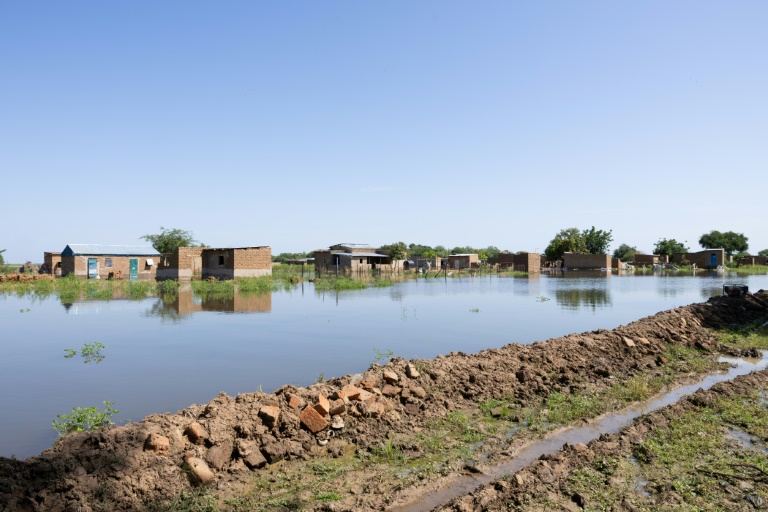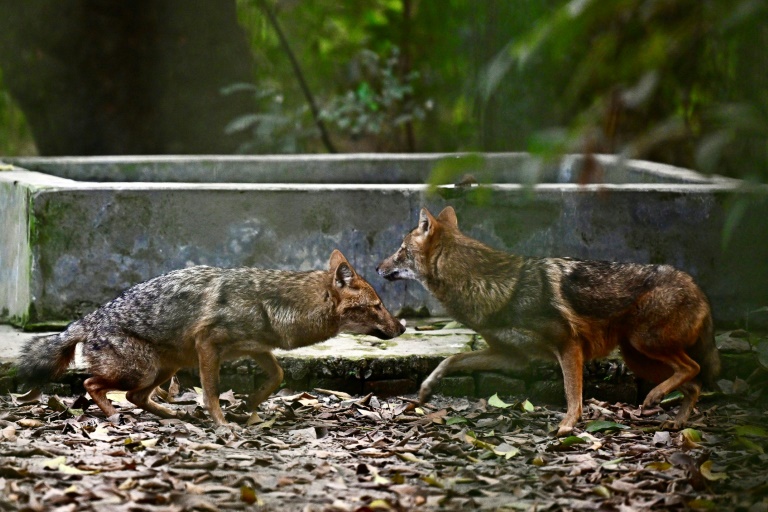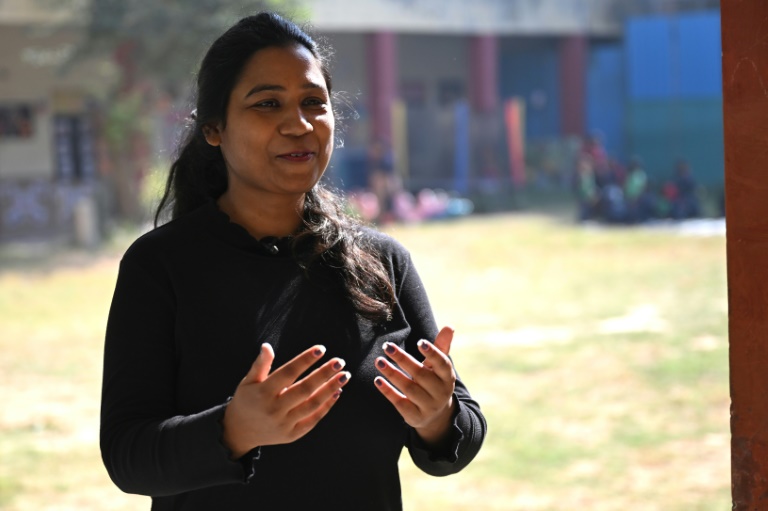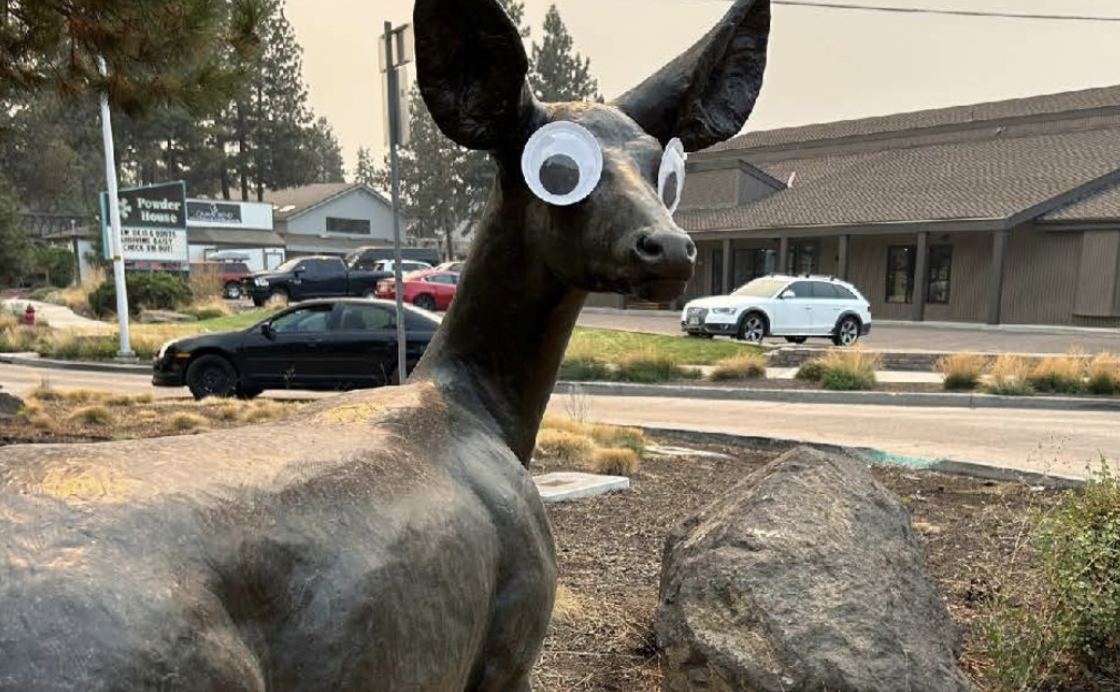At the spot where the Chari and Logone Rivers meet, residents of Chad’s capital, N’Djamena, have been scrambling to face flooding brought on by torrential rains that have submerged entire neighbourhoods.
Punishing rains have killed 576 people and affected more than 1.9 million in Chad since July, according to the United Nations, a devastating blow for one of the world’s poorest countries.
“The floodwater has carried away houses, cattle and flooded our crops,” said Timons Fayaba Faba, who lives in the neighbourhood of Tougoude and took shelter in a makeshift camp protected by a dam in the city’s ninth district.
Like dozens of others, Faba’s family fled their neighbourhood four days ago after it was flooded by the Logone River, becoming accessible only by boat.
Faba found refuge in makeshift shelters improvised out of branches, rice bags and cloth. Beyond the dam, fields were completely submerged.
“We lack everything, we have no more food and we can’t count on the next harvest, which has been destroyed by the flood. Our children have stopped going to school and we do not even have anything to protect ourselves from the next rainfall and mosquitoes,” said Faba, 59.
He has also had to shoo away hippopotami, which he says have been coming near the camp, by throwing stones at them.
“They tried to climb onto the embankment. They could destroy it,” he said.
The waters of the Chari and its tributary the Logone have kept rising and on Wednesday reached a record 8.18 metres (26.8 feet).
The last record for the Chari was 8.14 metres (26.7 feet), set in November 2022, when the country saw its heaviest and deadliest rainfall since the 1960s, according to the UN Office for the Coordination of Humanitarian Affairs (OCHA).
Bad weather and floods have affected more than 10 percent of people in the massive central African country, according to a recent OCHA report.
“I get up in the middle of the night to check that the flooding has not advanced. If it has, I fill up bags of sand to reinforce the dam that’s still protecting my room,” said Silas Diokoune, a resident of Walia, one of the poorest neighbourhoods in N’Djamena, also in the ninth district.
Supported by a walking stick, the 65-year-old has blocked his courtyard with a pile of sandbags. The water has already flooded part of his home, and small red-brick buildings have begun to crumble.
A dozen centimetres still separated the river’s water from the top of the dam, and a neighbouring abandoned home now serves as a bulwark.
“We feel abandoned, only the ‘Active Youth of the Ninth’ have come to help us by handing out bags and shovels,” said Diokoune, referring to an organisation whose volunteers have provided assistance in flooded areas.
The group monitors the condition of the dam — built within a few months last year — and flags leaks by blowing a whistle to alert nearby residents, who rush to fill sandbags and patch any breaches.
“More than 5,000 bags have been given to us, and we have distributed all of them where they were needed most urgently,” said Ezechiel Minnamou Djobsou, the organisation’s deputy coordinator.
The nonprofit used donations to buy shovels and was lent two 4×4 pick-up trucks and eight motorcycles.
“We still need an additional 15,000 bags,” said Djobsou, 33, adding that his group also lacked boats to reach flooded areas, as well as “motor pumps, tarpaulins, pickaxes, shovels and wheelbarrows”.
The downpours are “a stark reminder of the growing impact of climate change”, which have hit swathes of the African continent, killing more than 1,500 people and displacing at least 1.2 million across Burkina Faso, Cameroon, Chad, Mali, Nigeria and neighbouring countries, according to late September figures from the UN’s International Organization for Migration.
UN officials warned in September about the impact of torrential rains in west and central Africa, including Chad, calling for “immediate action and adequate funding” in the face of the “climate crisis”.
An estimated $129 million is needed to respond to the crisis in Chad alone, only 15 percent of which has been secured so far, OCHA said.
AFP
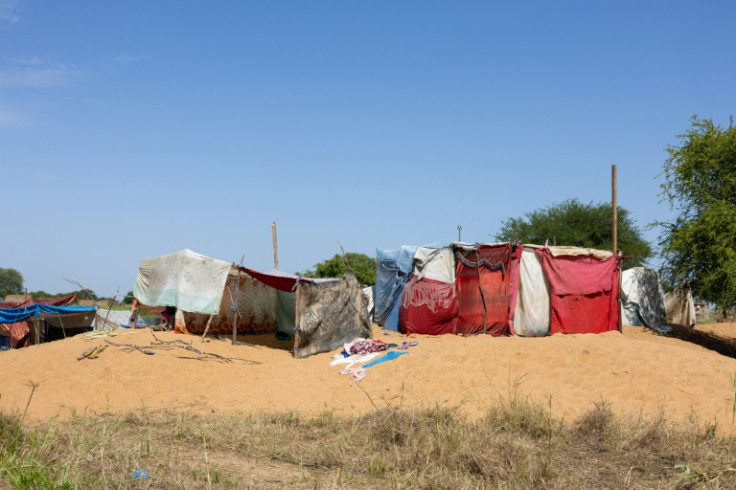
AFP

